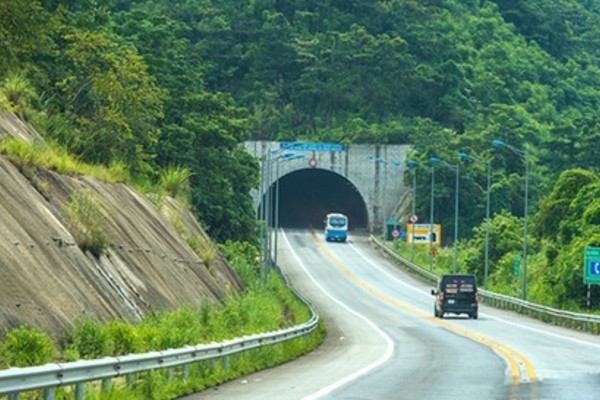The Vietnamese government is trying to lure investors to the country’s infrastructure development projects amid limited public funding and experts believe the investors will come if the government can create a sound legal and regulatory environment.

Currently, only 10% of Vietnam’s infrastructure is funded by the private sector, much lower than many other middle-income countries in Asia. However, experts at the Asian Development Bank (ADB) said that a well-structured law on private-public partnerships (PPP) is a key opportunity to upgrade Vietnam’s infrastructure as it will attract the investors.
According to experts, the country’s current PPP investment regulations are not sufficient to create a comprehensive framework for investments.
Naoyuki Yoshino, dean of ADB Institute, said that private investors, especially foreign investors, remain skittish about investing in infrastructure projects due to high risks, long-term payout schedules, and site clearance issues, among others.
In addition, investors in infrastructure face a variety of risks such cost overrun incurred by delays in construction or land acquisition, unexpected shortages in revenue due to lower-than-forecast traffic, and unanticipated expenses.
The lack of a clear risk allocation mechanism for specific sectors has also left both the public and private parties in a PPP venture in the mist.
To resolve the shortcomings, the government is formulating a new PPP law, which experts said is tricky. They explained if the law is too generous, governments can be saddled with millions of dollars in contingent liabilities. However, if it is too conservative, investment stalls, and governments typically wait several years before trying to pass a new law.
Key points proposed
According to Donald Lambert, a principal private sector development specialist at the ADB’s Southeast Asia Department, and Sanjay Grover, a PPP specialist, while drafting the PPP law Vietnam should keep in mind some key points so as to create a sound legal framework that could supercharge Vietnam’s effort to improve its infrastructure.
“Now more than ever, guarantees are the most efficient way to crowd the private sector into infrastructure development in Vietnam,” they said, explaining that with increasing fiscal constraints, a high debt-to-gross domestic product ratio and limited resources to meet overwhelming demand for infrastructure, guarantees can more efficiently and effectively allow Vietnam to support the “public” role in PPPs.
To keep guarantees affordable, they must target the specific risks that make a project unbankable, according to the specialists.
The experts also suggested a PPP maximizes value for money by allocating risk to the party that is best able to manage it.
“The support that Vietnam may need to provide could vary from absorbing demand risk for an expressway of strategic national importance to absorbing construction cost escalation caused by unknown geological conditions on hilly terrain or land acquisition delays in an urban area,” they said.
As Vietnam moves forward, it is important that the new PPP law be comprehensive enough to allow the Government the flexibility to structure project risk allocation to maximize value for money. Given that Vietnam is a civil law country, where case law is secondary and subordinate to statutory law, these provisions must be explicit to avoid legal ambiguities, they noted.
A broad and comprehensive PPP law can be further buttressed by deferring details to sector-specific decrees and circulars. Circulars are revised much more frequently than laws and can be updated to respond to market movements.
“This ensures that despite the flexibility afforded by the law, governments do not lose fiscal control and guarantees are provided only if necessary – and no more than necessary – to make a project bankable,” they explained.
Besides, the experts also urged authorities to set targets, not quantities. According to the experts, a PPP brings private sector capital, but equally if not more importantly, it brings private sector expertise, which, in countries like Vietnam, is critical in maximizing the benefit of a PPP procurement.


















